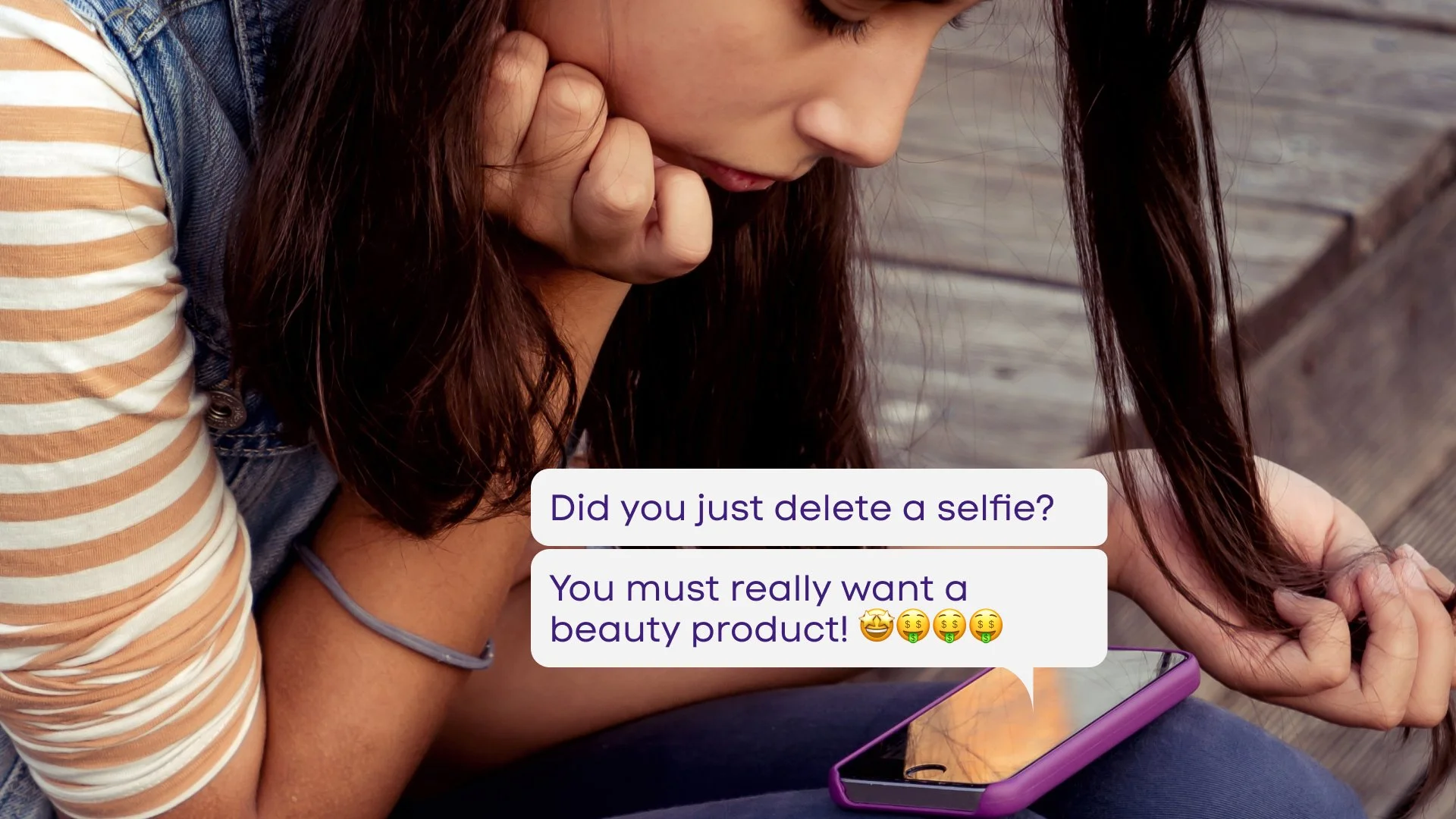Clippy: It looks like you’re being exploited. Want to protest?
Remember Clippy? That annoying little paperclip from early 2000s Word asking, "It looks like you're writing a letter. Need help?"
Well, Clippy’s back. Only this time, he’s not here to help. He’s here to protest.
Where it all started
It all started when, during a U.S. hearing, Meta confirmed something those in the know have long suspected:
“When their algorithm detects that a teenage girl has deleted a selfie from her profile, it sees the perfect opportunity: her self-esteem is low, and it’s time to start serving her ads for beauty products.”
Translation: Corporations view our most vulnerable moments as a gold mine to be exploited.
The protest’s idea is simple: change your profile picture to Clippy to send a message. Our photos, videos, and words aren’t for sale. Clippy stands for ethical tech - he doesn’t sell your data, doesn’t read your messages, and doesn’t manipulate you into scrolling or spending.
He just… helps. (I know, pretty revolutionary, right?)
This protest reminds me of V for Vendetta, where people wear Guy Fawkes masks to resist the government. Only this time, “the government” is Meta, Adobe, Google, and all the others feeding on our data. And let’s be real - if we really care about our content, creativity, and data not being used against us, we’ll have to go further. Like, stop using their platforms entirely.
Because no matter what you change your profile picture to, your entire data archive is still there. And it’s still being used to profile other users and earn from them. When we talk about AI, it’s in fact just an LLM (large language model), and without the huge data sets to work with, it would be worthless.
Social media in 2025 - less social, more ads
Most people see social media as a “necessary evil.” It’s where their friends, contacts, and potential opportunities are. Makes sense - more users equals more chances to connect, right? Maybe. But my feed? It’s full of people and pages I’ve never followed. Meanwhile, the ones I do care about are buried deep down. Instagram’s no different - even users with hundreds of thousands of followers complain their posts don’t reach fans anymore.
It’s sad. Оn both ends.
And I’m not judging - I use Instagram, Facebook, LinkedIn, and until recently, pretty much every other social platform you can name. Keeping up is exhausting (but that’s another rant). What it did help me do was dig through the internet to find something that actually feels like home.
Social platform by the people for the people
Enter Mastodon - a European platform with a different DNA. No algorithms. Not focused on a single centralised corporation. Chronological feeds. Small, connected communities. Great privacy controls.
Is it for everyone? Nope. There isn’t much localised content yet, and the crowd tends to lean toward developers, liberals, and creatives, at least in my corner. But it’s also where people go who don’t want machines deciding what they see, all for the sake of clicks, likes, or - let’s call it what it is - sales.
There’s also no dopamine rush. No endless doomscrolling. No slot-machine swipe. And honestly? That’s refreshing.
One of the upsides - and downsides, if you rely heavily on algorithms - is that you curate your feed. If you don’t follow anyone, your feed is empty. You’re in control of what you consume. That means, yes, it might feel boring sometimes. People don’t post groundbreaking content every day. And once you're done scrolling? That’s it. No infinite scroll.
This pushes you to “meet” new profiles, explore new hashtags and topics. Many of the stars of the old platforms are nowhere to be found here. Which opened a whole new universe for me:
A lead developer who worked on the animation feature in my favourite animation software.
An animator from one of my favourite studios, sharing his personal projects.
A Bulgarian coder and activist who exposed government-level fraud without a flinch.
A newsletter writer who connects thought-provoking reads - and somehow always nails what’s been on my mind.
And the biggest gift? The posts feel real. Written by actual people. With actual opinions. Not bots. Not AI regurgitating content.
That’s the beauty of this network. There’s no central server storing your data. Instead, it’s made up of small, interconnected servers - each with its own rules. Many are run by regular people. People like us.
And if you're tech-savvy? You can run your own server. Even just for yourself. You stay connected to the wider “fediverse,” but everything about your data is in your hands. When you pay for hosting, your money doesn’t go toward more ads or “reach” - it supports your personal space online.
The Clippy protest has good intentions. But I doubt it’ll change much - just like writing “I do not allow Facebook to use my photos” in a post didn’t protect anyone. Real change happens when we stop feeding the machine - and start building our own spaces, with our own rules.
About the Author
Todor Hlebarov is a brand and motion designer and the co-founder of Cosmonavt. Endlessly following up on the latest technologies, Todor animates brands into life through the magic of Cosmonavt utilizing the most advanced software suites available.
His passion for animation brings him to SoftUni Creative, where he’s led over 3000 students in their first steps into the world of Adobe After Effects.




